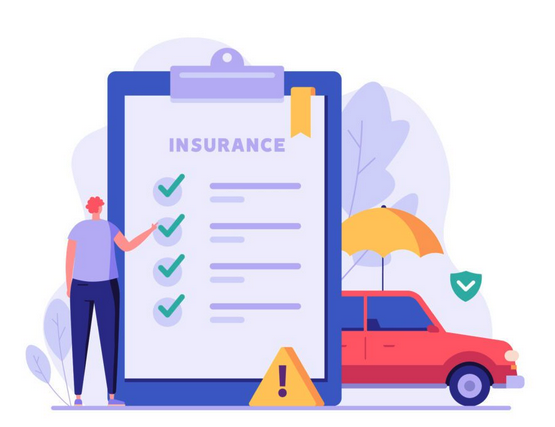At some point, someone you know may ask to borrow your car. You may feel hesitant about this if he or she is not covered under your policy. If you expect this person to drive your car regularly, you may want to consider adding him or her to your car insurance policy. However, there are some considerations you need to make before doing this.
Is There Any Limit To Who I Can Add?
Not necessarily. Usually, people add everyone living in their households to their policies as a safeguard. And of course, families vary in size, and households can also include non-family members. You can also add anyone you plan on lending your car to on a frequent basis.
Some car insurance policies, however, will not allow you to add your children if they’ve moved out or gotten married. You may also be unable to add those who don’t operate your vehicle on a regular basis.
How Does This Affect Premiums?
As you know, driving history plays a substantial role in insurance rates. You may feel uncomfortable adding a household member who has a history of car accidents or arrests for driving under the influence, and rightfully so. Adding a high risk driver can cause your premiums to skyrocket.
But simply not including a high risk driver on your policy isn’t enough. It is your responsibility as the policyholder to alert your insurer of anyone living with you with a demonstrated history of being dangerous behind the wheel.
In this case, you can list them as an excluded driver. By doing this, you’re informing your insurer that this person will not have access to your vehicle, and this person will effectively be treated as an uninsured driver.
What If I Let Someone Who Isn’t On My Policy Drive My Car?
Most insurance companies are lenient when it comes to this. This is known as the permissive use clause. Some insurance policies follow the car, and not the owner of the vehicle. If the person borrowing your car gets in an accident, your insurance will cover to an extent.
If the person is not included in your policy but has insurance of his or her own, your policy will be the primary insurer, and the other person’s policy will act as secondary insurance in the event of an accident.
If the person isn’t on your policy and is uninsured, you and that person will be held liable if that person wrecks your car.
It’s just a good idea to add people in your household to your policy, because the consequences can be steep. For instance, if you have a child of driving age who borrows your car and then wrecks it, you could have your claim denied and face the possibility of non-renewal.
Learn More Today, Give Us A Call
At All Things Insurance, we help you get all bases covered. We will give you the guidance necessary to make sure that everyone in your household is protected, while keeping your car insurance rates as low as possible.

